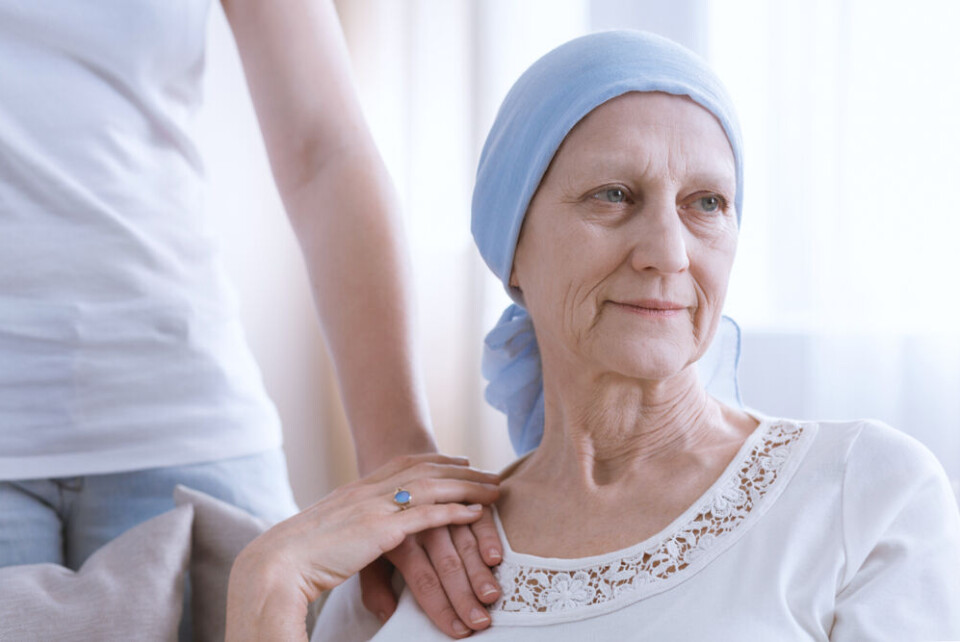-
Britons are the largest foreign community of second-home owners in Nouvelle Aquitaine
See which other departments in the region are popular with British nationals
-
Travellers risk extra costs under new Eurotunnel ticket rule
Some fare options are less flexible and less forgiving of lateness
-
May will be difficult month for train travel in France, warns minister
Two major train unions are threatening to strike and are ‘not willing to negotiate’, he says
France approves new treatment against endometrial cancer
The drug Jemperli has been authorised in France before being approved in Europe. This cancer affects around 10,000 women nationwide every year

France has approved a new treatment against endometrial cancer, authorising the medicine ahead of the European Medicines Agency (EMA).
Jemperli, which is based on the chemical dostarlima and is made by British pharmaceutical giant GSK has been approved by the national medicine safety agency l’Agence nationale de sécurité du médicament (ANSM).
The European Union’s medicines agency, the EMA, is expected to approve the treatment across the bloc but France acted ahead of that decision.
In a statement, the ANSM said: “Since October 23, the drug Jemperli, based on the chemical dostarlimab, has been available as an early access drug for women with newly diagnosed or recurrent advanced endometrial cancer.”
Treatment conditions
The drug is currently only available by prescription under certain conditions, as determined by the EMA rules for a medicine used without European-wide authorisation.
Only specialist oncologists (cancer doctors) are able to prescribe it. There will also be extra monitoring for any possible side effects. Yet, the ANSM said that there is a “strong presumption of efficacy and safety”.
Jemperli is indicated to be given alongside a course of chemotherapy. It works by boosting the body’s immune ability to detect and fight tumour cells, and is a type of a class of drug known as ‘PD-1 inhibitors’.
‘Progression-free survival’
Endometrial cancer - not to be confused with endometriosis, in which uterine cells grow outside of a woman’s uterus - is more common in postmenopausal women. It develops in the inner lining of the uterus, known as the endometrium.
GSK estimates that around 417,000 women are diagnosed globally each year, with “rates expected to rise by almost 40% between 2020 and 2040”.
Around 10,000 cases are diagnosed in France each year. The prognosis tends to be relatively good compared to other female gynaecological cancers, such as cancer of the cervix or ovaries.
The ANSM has said that Jemperli extends the cancer's “progression-free survival”, meaning that it extends the time during which the patient’s condition does not worsen.
However, some specialists have criticised this metric, stating that it is not the same as extending “overall survival” rates, which they say is a more telling indicator of treatment success in reducing mortality.
Yet, on October 30, GSK reported that when combined with chemotherapy, Jemperli met “the primary goal of overall survival in patients with advanced or recurrent endometrial cancer” in a late-stage trial. It said that “overall survival” - defined as the proportion of trial patients on the drug who were alive compared to those on a placebo - was one of two primary goals in its Phase III (final stage) trial.
France is not the only country to approve Jemperli; the UK and the US have been using it since the end of the summer this year.
The EMA decision on the drug is expected by the end of 2023.
Related articles
Cancer cases in France have doubled since 1990
Breast cancer: Who can get free screenings in France?
Are you benefiting from the free cancer screening available in France?
























